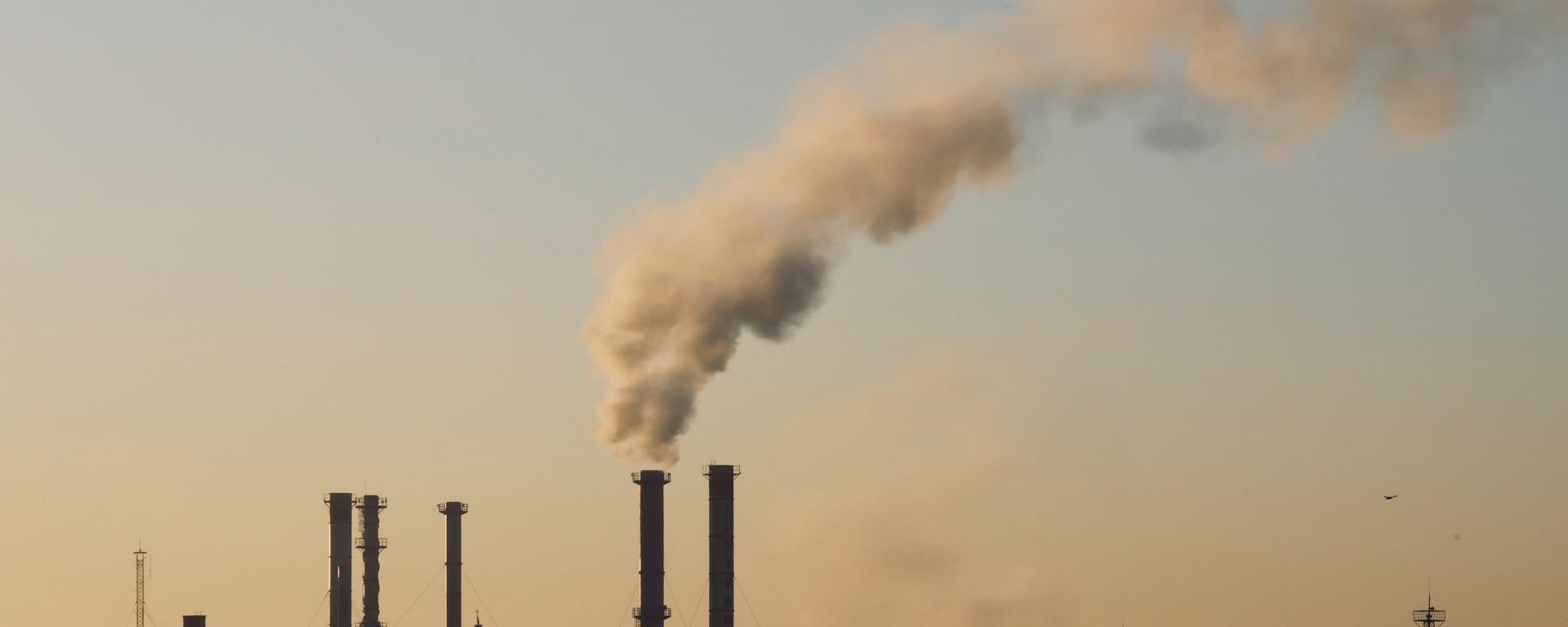Summary
•In this research meta analysis of the existing LCAs of the CO2-EOR will be performed to determine the main processes, data inputs and assumptions that contribute to variations in life cycle emissions in CO2-EOR.
•We are developing an open source tool to evaluate life cycle emissions from different CO2 sources.
•We will also develop a machine learning algorithm to predict the life cycle GHG emissions of crude oil from future CO2-EOR operations using simple reservoir and operating parameters.
•In a related research, we performed a life cycle assessment of the GHG emissions of a DAC system paired with Fischer-Tropsch to understand environmental impacts of using DAC to produce transportation fuels via this pathway.
Publications
Liu, C.M., Sandhu, N.K., McCoy, S.T., Bergerson, J.A. (2020). A life cycle assessment of greenhouse gas emissions from direct air capture and Fischer Tropsch fuel production. Sustainable Energy Fuels. 4, 3129-3142.
Summary
•In this research we worked with the XPRIZE Foundation to evaluate the carbon footprint of each of the nine carbon conversion competition team finalists in the Carbon XPRIZE Competition (https://www.xprize.org/prizes/carbon)
•For each competition team, verified performance data from the XPRIZE demonstration facilities are employed to estimate current emissions of the competition teams’ products. Demonstration centre results are compared to an incumbent to determine whether the team can demonstrate an emission reduction relative to the current method for producing that product in local markets. We also worked with teams to identify the future (2030) deployment conditions under which the team’s products could reduce emissions relative to a future incumbent technology.
Summary
•This research investigates the potential impacts and benefits of carbon conversion technologies (CCTs).
•The main objective of this research is to develop open-source tools and strategies to better communicate with stakeholders, including technology developers and other decision makers.
•This research includes various CCTs, such as electrolysis, mineralization, and bioconversion.
•The link to the beta version of our open-source model:
https://github.com/LCAofCCU-UCalgary/LCA-Estimate-Model-for-CCU-Spreadsheet
Publications
•Nishikawa, E., Sleep, S., Bergerson, J. A. (2020). RLF Life Cycle Model of Electrochemical Processes. Suncor Academic Forums (Oct 14-16, 2020).
•Nishikawa, E., Sleep, S., Bergerson, J. A. (2020). A life cycle model for electrochemical technology developers. ACLCA 2020 Virtual Conference (Sep 21-24, 2020).
• Nishikawa, E., Gomez, A. G., MacLean, H., Bergerson, J. A. (2020). Interactive LCA tool applied to CO2 utilization in electrochemical processes based on process simulations. Virtual ISSST 2020 (June 9 – July 1, 2020).
Summary
•This research studies the historical assessment of emerging technologies by evaluating the historical forecasting of performance of different emerging technologies to understand the feasibility and accuracy of early stage assessment.
•In this research we work on process design of carbon neutral and negative emissions technology platforms for production of alternative transportation fuels. The project includes the production of jet fuel via the Fischer-Tropsch process using carbon feedstocks, extensive technoeconomic and life cycle assessments of next generation CO2/carbon conversion technologies, and the advancement of methods for assessing new energy technologies.
Publications
•Mohsin, I. Al-Attas, T. A., Sumon, K.Z., Bergerson, J.A., McCoy, S., Kibria, M.D.G. (2020). Economic and Environmental Assessment of Integrated Carbon Capture and Utilization. Cell Reports Physical Science. 1 (7).
•Liu, C.M., Sandhu, N.K., McCoy, S.T., Bergerson, J.A. (2020). A life cycle assessment of greenhouse gas emissions from direct air capture and Fischer-Tropsch fuel production. Sustainable Energy and Fuels. 4 (6), 3129-3142. IF:3.421
Summary
•This research is part of an EU Horizon Project (Truly CarbonNeutralLNG) that aims to produce liquefied bio-methane (bioLNG)/ renewable natural gas (RNG) from biomass using a hybrid catalytic methanation process. The process avoids fossil natural gas emissions and enables negative emissions through CO2 capture and geological sequestration.
•Sustainability of biomass burning is a critical issue in this project. Therefore, biomass potentials in Northern America (Canada and the United States) for sustainable bioLNG production will be assessed.
•It is also crucial to transparently account for all carbon losses and upstream emissions, such as from biomass harvest and logistics, and in particular the boil-off in storage tanks. As a result, open-source tools will be developed to assess the well-to-wheel life-cycle emissions and comprehensive environmental impacts of bioLNG supply chains within and from Canada to Europe using existing infrastructure of fossil-based LNG.
•Additionally, due to the high global warming potential of methane, methods for interpreting remote monitoring of fugitive methane emissions data will be developed.

